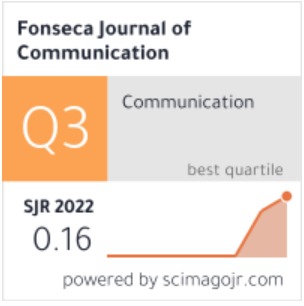REDEFINING MUSICAL EDUCATION STRUCTURES: POSTMODERNISM, DISORDER, AND DECONSTRUCTION IN THE COMPOSITIONS OF JOHN CAGE AND KARLHEINZ STOCKHAUSEN
Wenxiu Zhao
Faculty of Creative Arts/Music Department, University of Malaya, Kuala Lumpur, Malaysia
FengHsu Lee
Abstract
This study examines the multifaceted realm of music education and its integration of postmodernism, disorder, and deconstruction by analyzing the compositions of renowned musicians John Cage and Karlheinz Stockhausen. The objective of this study is to gain insight into the impact of these factors on the attitudes and practices of music students and teachers. A comprehensive investigation was conducted, involving interviews with a total of fifteen individuals comprising music students and teachers. The primary objective of these interviews was to assess their level of familiarity with composers and their perspectives on the concepts of chaos and deconstruction in the context of music instruction. The researchers utilized thematic analysis as a method to analyze the interview data. The findings indicated that there was variation among the students in terms of their level of familiarity with the compositions of Cage and Stockhausen. However, it was evident that the students acknowledged the importance of these compositions in terms of their ability to challenge conventional musical frameworks and power structures. The integration of postmodernist, disorderly, and deconstructive principles within the field of music education has been discovered to have a beneficial effect on student engagement and perception. This approach promotes inclusivity, critical thinking, and the development of originality. This study provides valuable contributions to the field of music education by advocating for the incorporation of contemporary artistic trends into the curriculum. By doing so, it aims to foster a more profound comprehension of the dynamic
nature of music among both educators and students.















